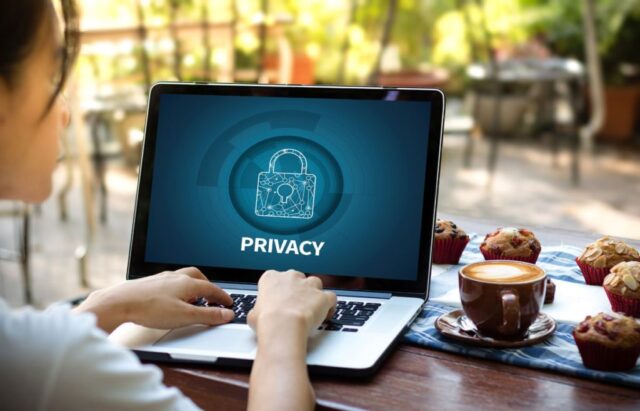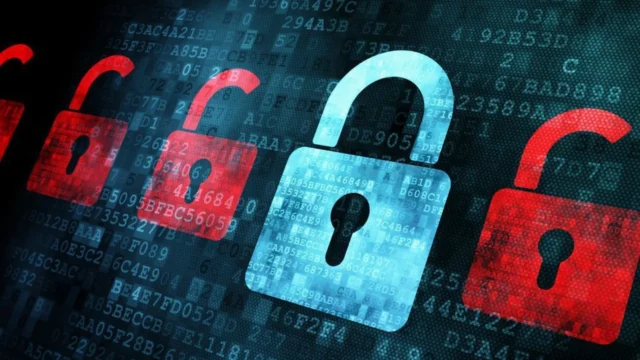
In a world where we are increasingly reliant on the internet for everything from shopping to banking to socialising, it is more important than ever to make sure our privacy is protected online. Unfortunately, there are a number of ways that our personal information can be accessed and used without our consent, and it can be difficult to know how to keep ourselves safe.
One of the most common ways that our privacy is breached is through cookies. Cookies are small pieces of data that are stored on our computers when we visit websites. They are used to track our online activity and can be used to build up a profile of our interests and preferences.
Many websites use cookies without our knowledge or consent, and this information can be sold on to third parties or used to target us with advertising.
Another way our privacy is compromised is through data breaches. This is where companies or organisations lose control of our personal data, usually through hacking or carelessness. Once our data is in the hands of others, it can be used to steal our identity, fraudulently obtain credit, or even blackmail us.
We might also unwittingly give away our personal information online. For example, we might enter our details into an online form without realising that it will be shared with third parties, or we might click on a malicious link that downloads malware onto our computer.

It is important to be aware of the ways our privacy can be breached and to take steps to protect ourselves.
Here are some tips:
Be cautious about the information you share online. Think carefully before you post anything on social media or fill in an online form.
Keep your software up to date. Regular updates will help to protect your computer from the latest threats.
Use a secure password. A strong password is difficult to guess and should be different for each account you have.
Be careful about the emails you open and the links you click on. If you’re not sure about an email, don’t open it. And if you’re not sure about a link, don’t click on it.

Use a VPN. A VPN (virtual private network) encrypts your internet traffic, making it more difficult for others to access your data.
Consider using a privacy-focused browser. Some browsers, such as Brave and DuckDuckGo, have built-in features that help to protect your privacy.
Following these tips will help to keep your personal information safe and secure online. If you would like to read more about internet privacy check out: https://internetprivacy.info













